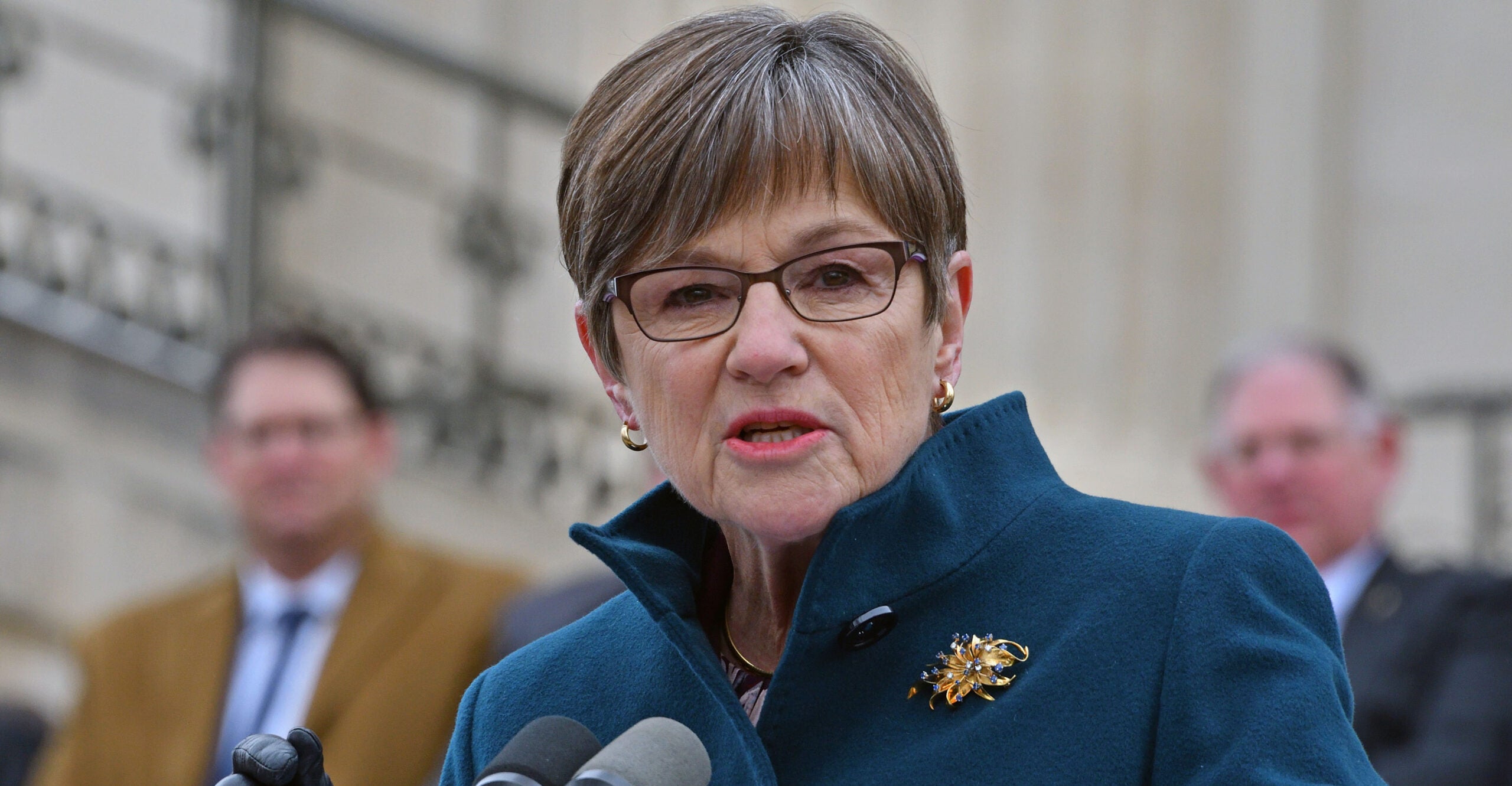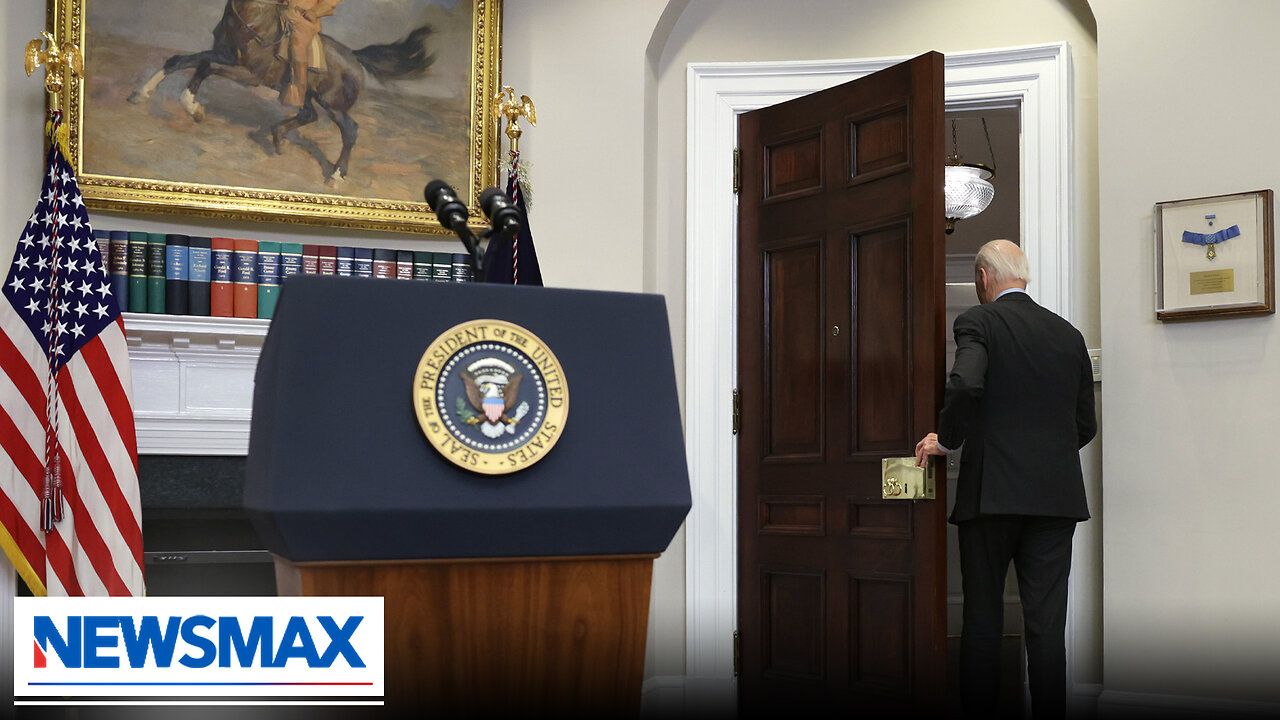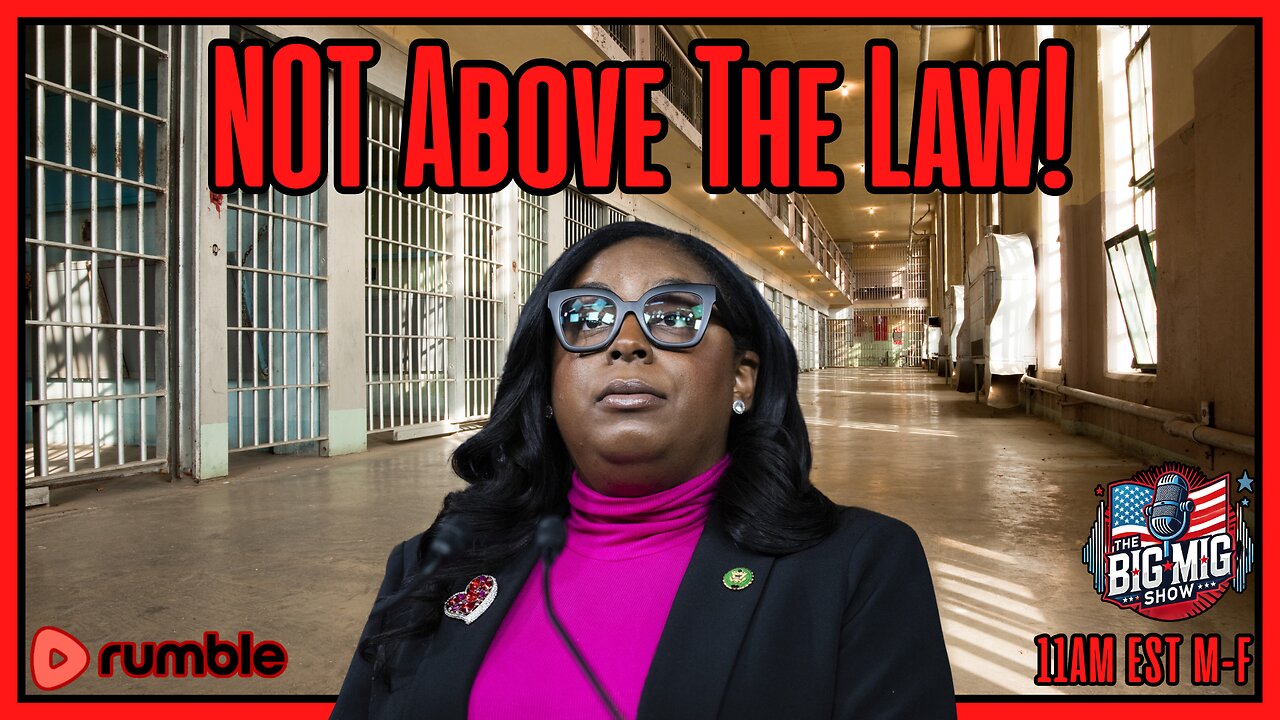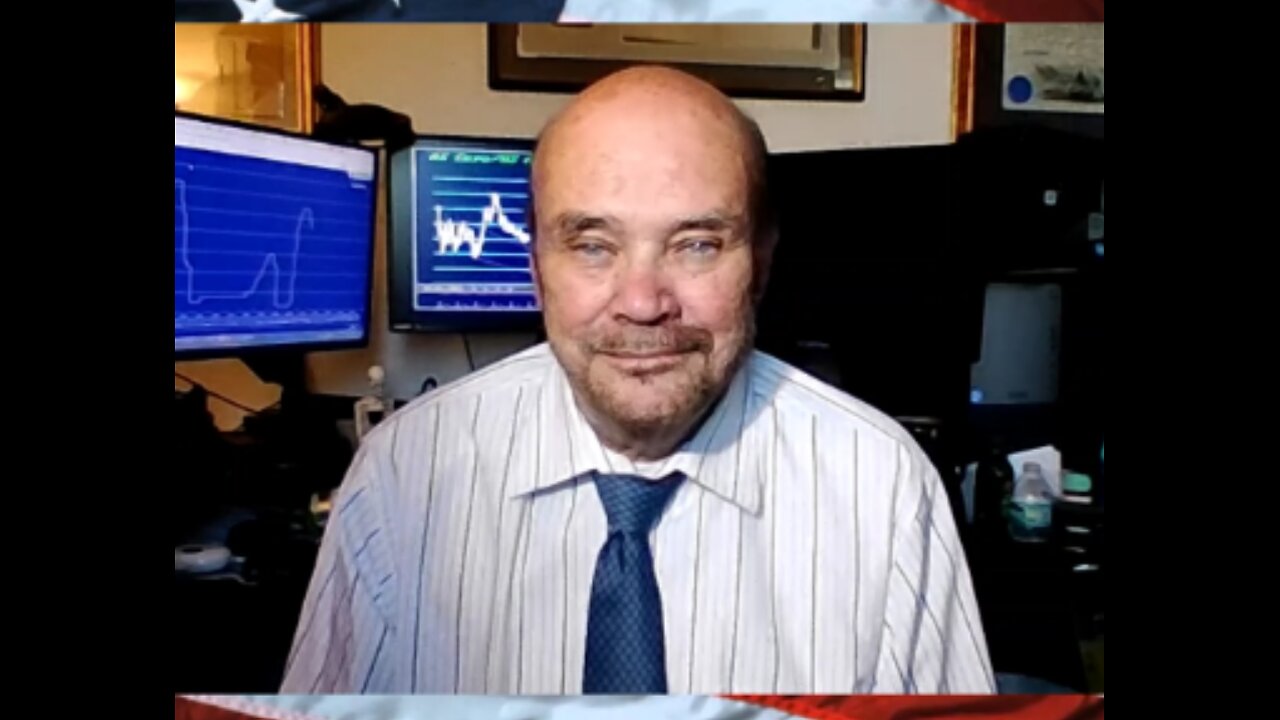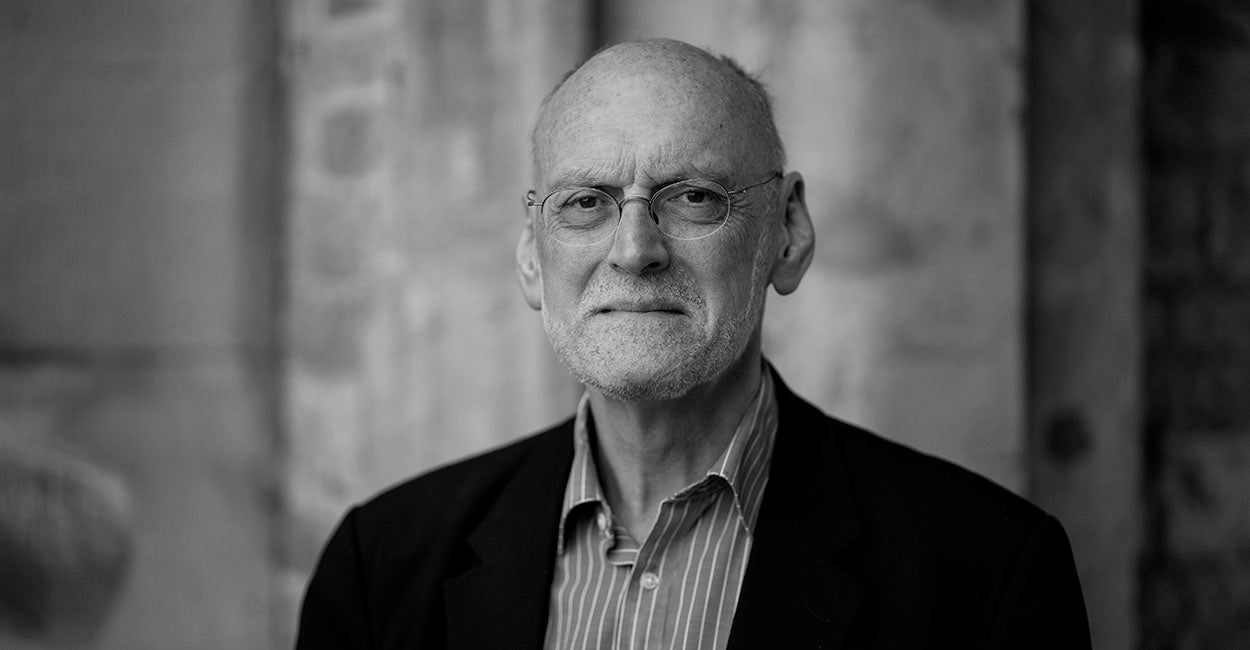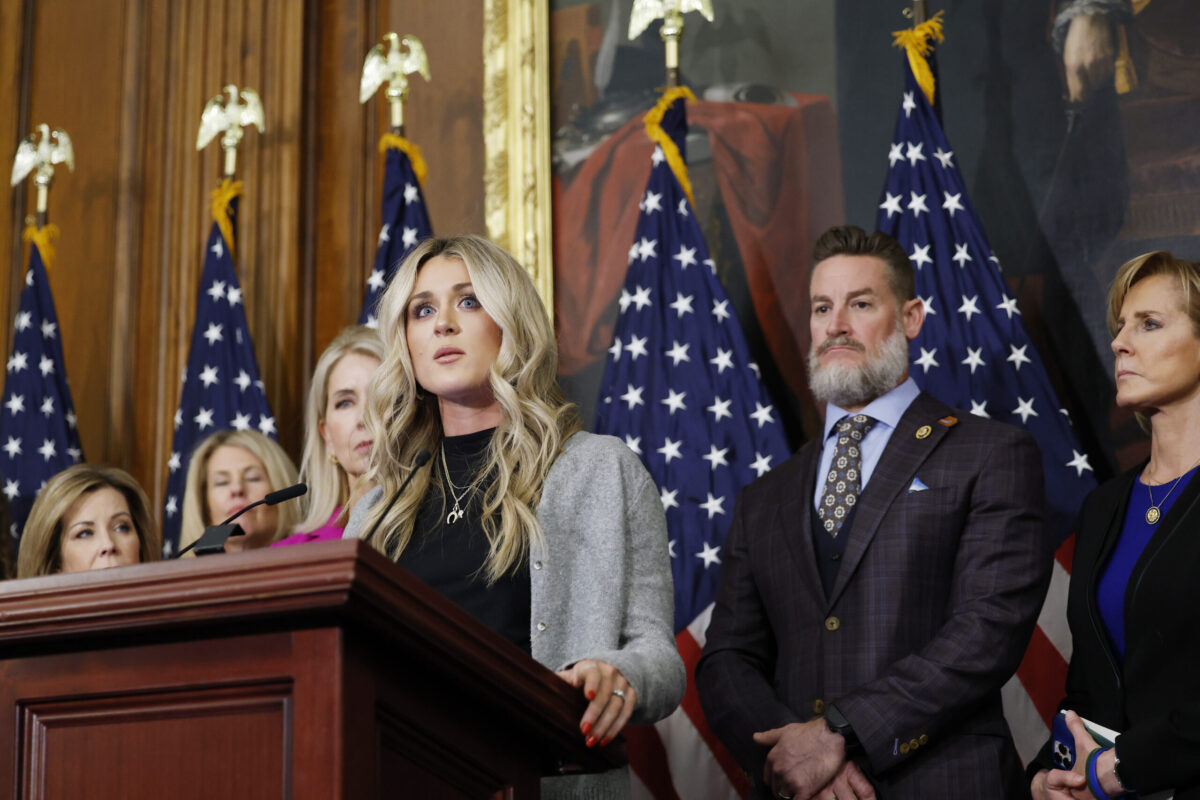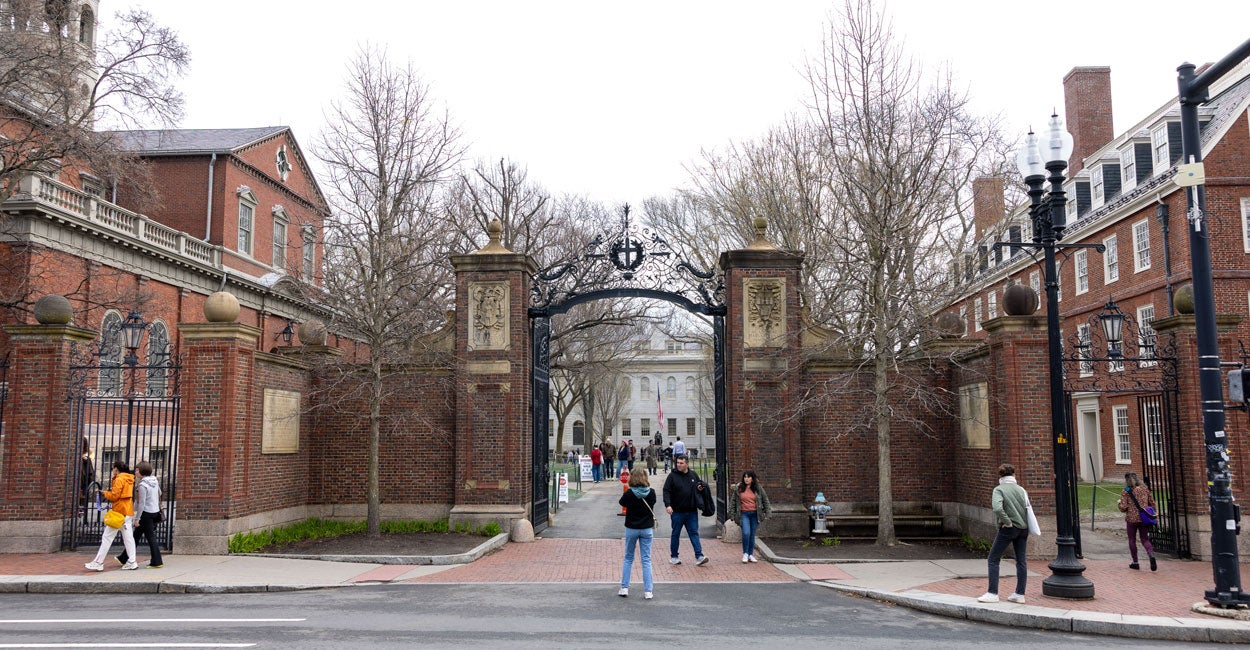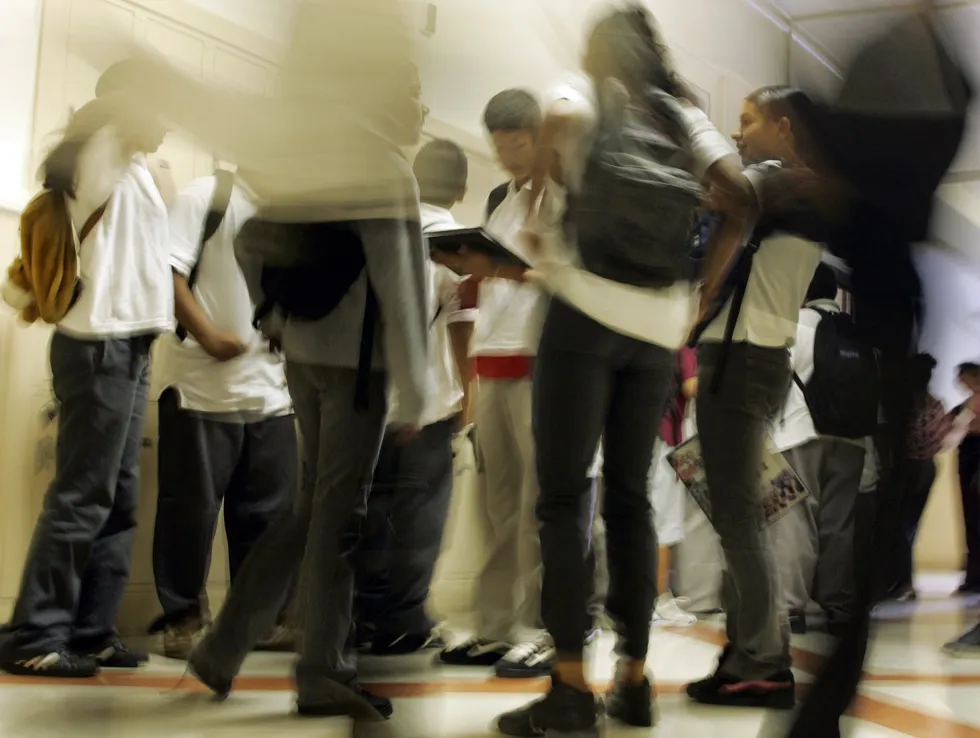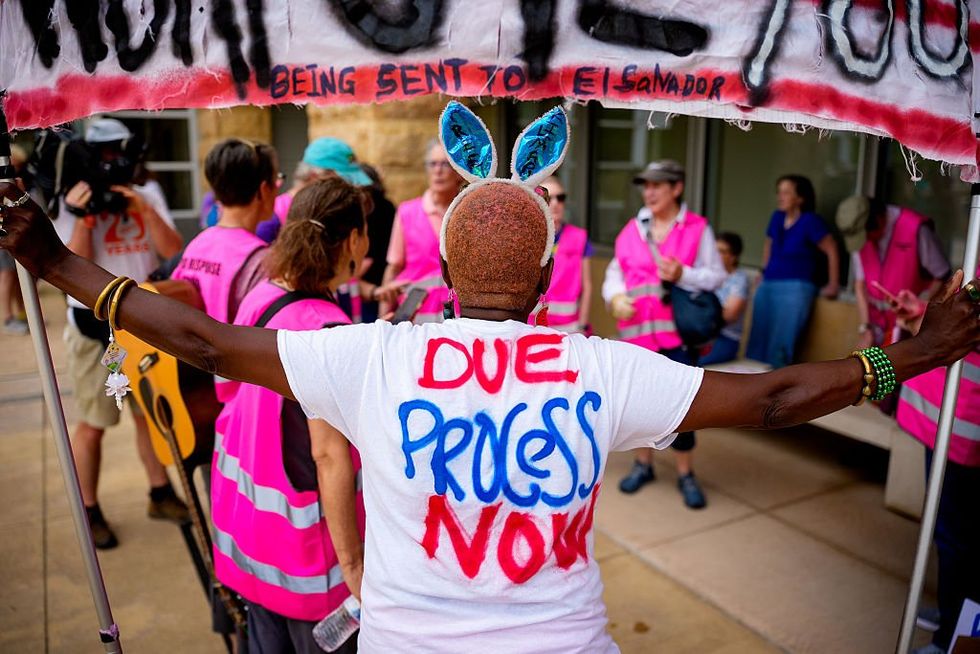Virginia Judge Greenlights Case On School’s Transgender Bathroom, Compelled Pronoun Policy
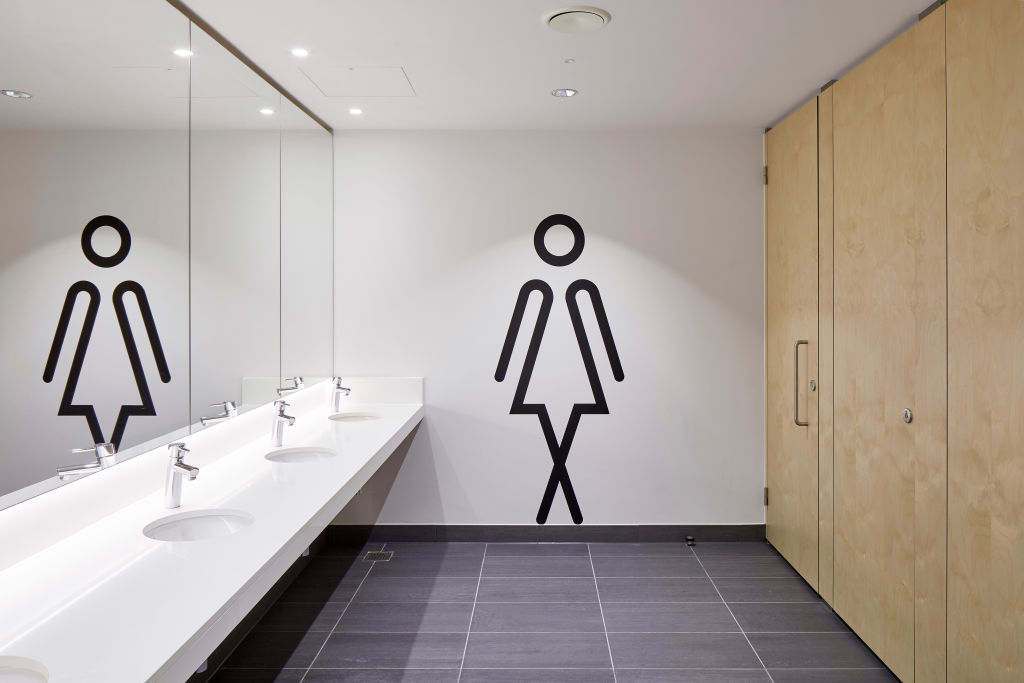
FAIRFAX, VIRGINIA — A state judge on Friday rejected a Virginia school system’s bid to stop a lawsuit alleging that its transgender policies discriminate against Christian students.
Several religious students challenged the school’s policies prohibiting the “deadnaming” or “misgendering” of transgender students, as well as policies allowing transgender-identifying students to use the bathroom of those of the opposite sex.
America First Legal (AFL), which argued the case for those students, said in a statement that the judge’s decision amounted to a “ruling that [Fairfax County Public Schools] FCPS’ pronoun policy punishing ‘misgendering’ and bathroom policy based on ‘gender identity’ violate students’ constitutional rights.”
In court filings, it said FCPS, one of the nation’s largest districts, had made its animus toward Christians clear, including that “rather than take the oath of office by swearing on a Bible, Torah, Koran, or other religious text (as is traditional), the current chair of the school board took his oath on Gender Queer.” (The school board chair, Karl Frisch, followed hardcore gay pornography on Twitter using the same account he used for school board campaigning, and once claimed that “Fairfax has a history of being an epicenter for right-wing religious fanaticism.”)
In court, FCPS focused on technicalities, saying that because the plaintiffs had not actually been disciplined for misgendering, they had no basis to sue. The plaintiffs’ attorney, Ian Prior, argued in court that they had engaged in “self-censorship” by avoiding using pronouns at all, and that a “credible threat of enforcement” was enough to infringe upon their rights.
CHECK OUT THE DAILY WIRE HOLIDAY GIFT GUIDE
FCPS’s attorney, Noah Sullivan of the firm Gentry Locke, replied that self-censorship solved the issue. “Their religion does not require them to use pronouns or to talk to people at all,” he said.
He said the same applied to bathrooms: normal girls who didn’t want to encounter a transgender person in a bathroom could simply use single-stall bathrooms. “Using a common bathroom is not a tenet of their religion. They can just use a private bathroom,” he said.
Prior argued in court, “Their purpose is to make Christians check their constitutional rights at the door and submit to state-sponsored ideology. … Gender expansive’ students may use any bathroom. Therefore we’re treating gender nonconforming students more favorably than religious ones,” he said.
In a written filing, Sullivan wrote, “Petitioners have no right, at school, to refer directly to other students by pronouns those students do not accept. It is inherently disruptive and not protected speech within the school setting.”
The plaintiffs “were pressured to take a test that required them to answer true or false to the following assertion: ‘A student has a right to be called by their chosen name and pronoun.’ ‘True’ was the ‘correct’ answer,” court papers said.
Judge Brett A Kassabian rejected Fairfax County Public Schools’ bid to throw out the portion of the case dealing with pronouns, writing that “the Court overrules the Demurrer to Counts I, II, II, and IV.”
In an interview outside of court, Prior told The Daily Wire that the ruling shows that the judge has accepted his theory of the case, and if he proves facts consistent with it at trial, he is likely to prevail.
FCPS argued that the original girl who brought the case, who said she was followed into the bathroom by a “gender expansive” male, had since graduated, making the case moot. Younger students then joined the case, but FCPS argued that they shouldn’t be able to sue on the bathroom issue unless they could show that they had actually shared a bathroom with a transgender person. (The plaintiffs said they have sought out single-stall bathrooms, which has avoided that scenario.)
Kassabian said he did not think “generalized anxiety” about using a bathroom knowing that a biological member of the opposite sex could enter was sufficient to show damages, but that the plaintiffs could amend their complaint to address that, and that the girl who graduated could still be owed damages.
Prior said, in written arguments, that FCPS’s bathroom rule “creates a new class of students—‘transgender and gender-expansive students’—and provides them the right to live their daily life in accordance with their secular views of gender fluidity by giving them unrestricted access to the common restrooms [and] elevates this right over the rights of the Petitioners and all other students to live their daily lives in accordance with their faith by denying those students the right to use a common, sex-segregated restroom.”
Prior said that FCPS replaced “biological gender” with “sex assigned at birth” in its curriculum, and when a member of a curriculum committee objected, it removed her from the committee. “The Respondent cannot seriously claim that most mainstream religions do not believe that sex is determined at birth by God. Thus, its actions to delegitimize that belief through policy would inevitably have consequences for many, if not most, students at FCPS,” he wrote.
The school board cited Department of Education regulations equating “gender identity” with sex, and said federal law supersedes state law. “All nine [Supreme Court] justices said those portions that define sex as gender are likely unconstitutional,” Prior said, with Sullivan countering that “there is no formal judgement, courts can change their minds.”
Prior said the same federal regulations that FCPS said are the law of the land are likely to soon change. “The reality is that there’s a new administration coming in that interprets Title IX in a very different way,” he said.
Originally Published at Daily Wire, Daily Signal, or The Blaze
What's Your Reaction?
 Like
0
Like
0
 Dislike
0
Dislike
0
 Love
0
Love
0
 Funny
0
Funny
0
 Angry
0
Angry
0
 Sad
0
Sad
0
 Wow
0
Wow
0
